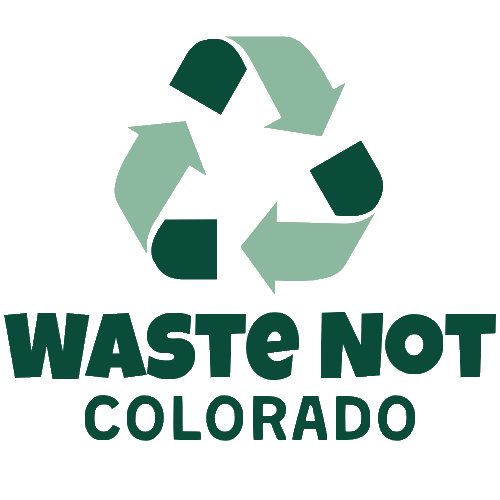About Advanced Recycling
What is Advanced Recycling & Mass Balance Accounting
Did you know that Colorado diverted only 15.5% of its waste away from landfills in 2023 and that landfills generate methane emissions equivalent to the emissions of about 1 million gasoline-powered cars for a year?
We can help keep valuable items out of the landfill through advanced recycling and mass balance accounting. Mass balance is an environmentally safe, trusted, science-based tracking and accounting system used as part of advanced recycling processes for hard-to-recycle products, like film or plastic wrap. Mass balance tracks how much recyclable materials are put into complex manufacturing and supply chains and how much are reused and recycled out. It provides traceability even when materials are mixed — ensuring every recycled input is accounted for–and helping us recycle more and waste less.
What is the Issue?
In 2022, The Colorado Legislature passed legislation to create the Extended Producer Responsibility (EPR) program to expand recycling options for Coloradans and increase the use of post-consumer recycled (PCR) content in packaging.
The Colorado Department of Public Health and Environment (CDPHE) is now reviewing the plan and may seek to limit access to Advanced Recycling options that help us recycle hard-to-recycle items and keep them out of our landfills.
Did you know that if just 50% of plastics in the municipal solid waste stream were redirected from landfills to recycling facilities, the U.S. could gain an estimated 173,200 jobs, $12.8 billion in annual payroll, and $48.7 billion in additional annual economic output.
Why Advanced Recycling & Mass Balance Accounting?
Advanced recycling and mass balance accounting are cost-effective, scalable ways to recycle valuable materials and keep them in use and out of landfills by enabling hard-to-recycle materials to be reused and tracked. Advanced recycling and mass balance accounting can reduce waste in landfills without requiring new infrastructure.
Did you know: Around 45% of landfills in Colorado are located near communities where a disproportionate number of households are low-income, and 53% of Colorado’s landfills are in areas where asthma rates are higher than the state average. Chemicals from landfill sites can leak through liners and contaminate nearby water systems.
Strong, Verifiable Environmental Benefits
- Increases recyclability and reduces waste sent to landfills
- Lowers demand for the creation of new materials
- Cuts carbon emissions through circular material use
- Supports credible, trackable, and auditable recycling data
Globally Accepted and Transparent
- Aligns with U.S. and international recycling standards
- Encourages investment in advanced recycling technologies
- Supports compliance with EPR rules while maintaining product safety
- Ensures recycled content is accurately tracked and verified and only recycled material turned into new products (not fuel or energy) counts toward recycling goals through third-party certification
